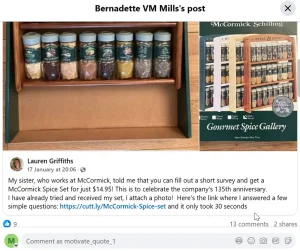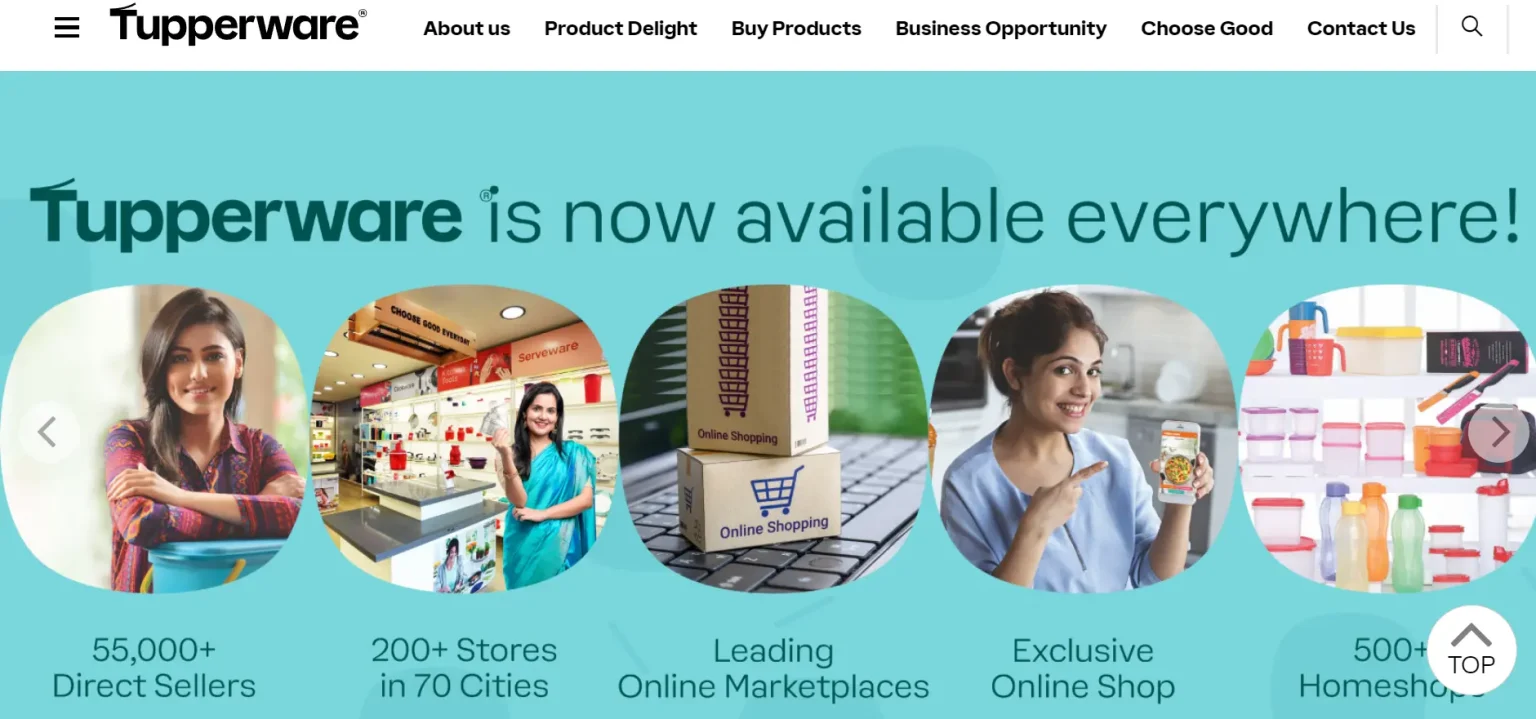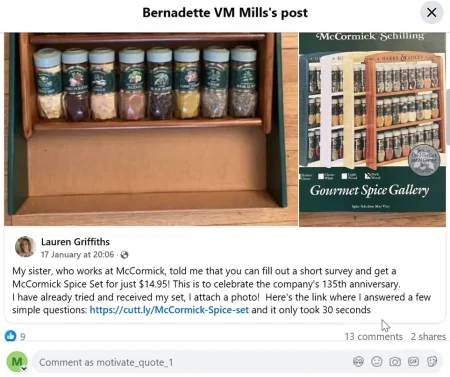Tupperware, a famous name for food storage, is now facing big financial trouble after filing for Chapter 11 bankruptcy.
Chapter 11 allows the company to stay open while it works on fixing its debt with help from the courts and its lenders.
This has led to a big question: Can Tupperware survive this, or is it the start of the end for the brand that changed food storage?
Let’s break down what this means for Tupperware, its future in stores, and its way of doing business.
What Does It Mean for Tupperware to Be Sold to Hedge Funds?
News of Tupperware’s sale to hedge funds has raised questions and concerns. Hedge funds have taken on Tupperware’s debt, giving them control over the company.
This deal helps Tupperware avoid closing right away, giving it time to make a recovery plan. If this plan works, Tupperware will continue in a new business setup.
But if it doesn’t, the company could end up in Chapter 7 bankruptcy, which would mean closing for good.
Many are hoping this change will lead to better things.
With a bigger presence in stores and less focus on direct sales, Tupperware could get popular again with new customers who value quality over the traditional sales model.
A new structure could also mean better prices, making Tupperware more competitive in a market full of cheaper storage products.
Our Review
This change to hedge fund control and the Chapter 11 process could lead to good or bad outcomes for Tupperware.
On one hand, it could give Tupperware fresh ideas and help it step back from its direct sales model, which has had its problems over the years.
Tupperware is known for long-lasting products and has loyal customers who would likely be excited to see the brand expand in regular stores.
However, moving away from the direct sales model won’t be easy.
Tupperware has relied on this method for decades, and now it’s competing with companies that offer similar products at lower prices.
Past efforts to sell in stores faced pushback, not only from other companies but also from Tupperware’s own consultants, who argued the retail products weren’t as high quality.
Some long-time consultants may feel left out if Tupperware shifts to retail sales, but moving into stores could be the right choice for customers who want quality without extra sales costs.
If done well, refocusing on Tupperware’s durability and classic design could give the brand a fresh start.
What to Do If You Get Scammed
When big companies like Tupperware make major changes, scams can pop up. Customers and former consultants might come across fake representatives claiming to be part of Tupperware.
Here’s how to stay safe from scams:
- Double-Check All Sources: Make sure any messages or offers from Tupperware are real by checking email addresses, website links, and contact details.
- Beware of Direct Payment Requests: Official Tupperware messages won’t ask for direct payments through unusual methods. Use safe payment methods, and confirm the recipient is legitimate.
- Look Up Suspicious Offers: If an offer sounds too good to be true, it might be a scam. Keep up with news from trusted sources or official Tupperware updates.
- Reach Out to Official Customer Support: If you’re unsure, contact Tupperware’s customer service directly to check for scams.
Chloe Grady is a young girl from Rowan County. She went missing on June 16, 2024, and her family immediately contacted the authorities.








